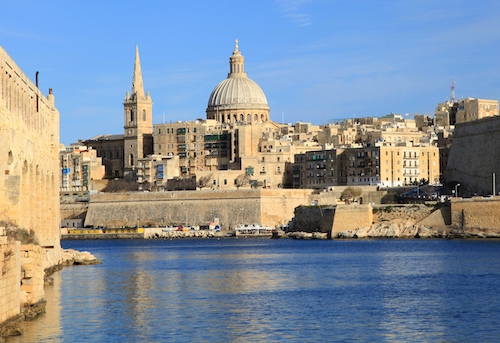
The island nation of Malta has long enjoyed a reputation as perhaps the most Catholic nation in the world. However, some analysts believe socialism is gaining adherents, with Labour Party member George Vella about to become president this Friday – and its popularity is due in large part to widespread corruption.
Mark R. Royce examines both issues in a new essay for Religion & Liberty Transatlantic. He begins by defining the term socialism, a helpful definition that notes the faith-based (if off-base) origins of some forms of socialism:
Within the entirety of English language socialism of the twentieth century, the Arguments for Socialism(1979) of British Labour MP Tony Benn – the most far-left politician to ever ascend to Cabinet rank in either the UK or the U.S. – emerges as one of the most systematic and forceful expositions of that school, broadly defined. For Benn, socialist freedom, equality, and solidarity are derived from the Bible, from dissenting Protestantism, and from Marxist proletarian liberation. However, its distinctive constitutional assertion was embodied in the fourth clause of the 1918 Labour Party Constitution, which dedicated the party “to secure for the workers by hand or by brain the full fruits of their industry and the most equitable distribution thereof that may be possible upon the basis of the common ownership of the means of production, distribution, and exchange.” Benn adds that in effect, this clause has concentrated the attention of democratic socialism “on the great monopolies of financial, economic and industrial power which have grown out of the theoretical operation of a free market economy.”
Royce goes on to apply this definition to Malta and examine whether socialism or gangsterism is the greater threat. Both undermine the free market and harm the prospects of a free and virtuous society.
You can read his full essay here.
(Photo credit: Frank Vincentz. This photo has been cropped. CC BY-SA 3.0.)

